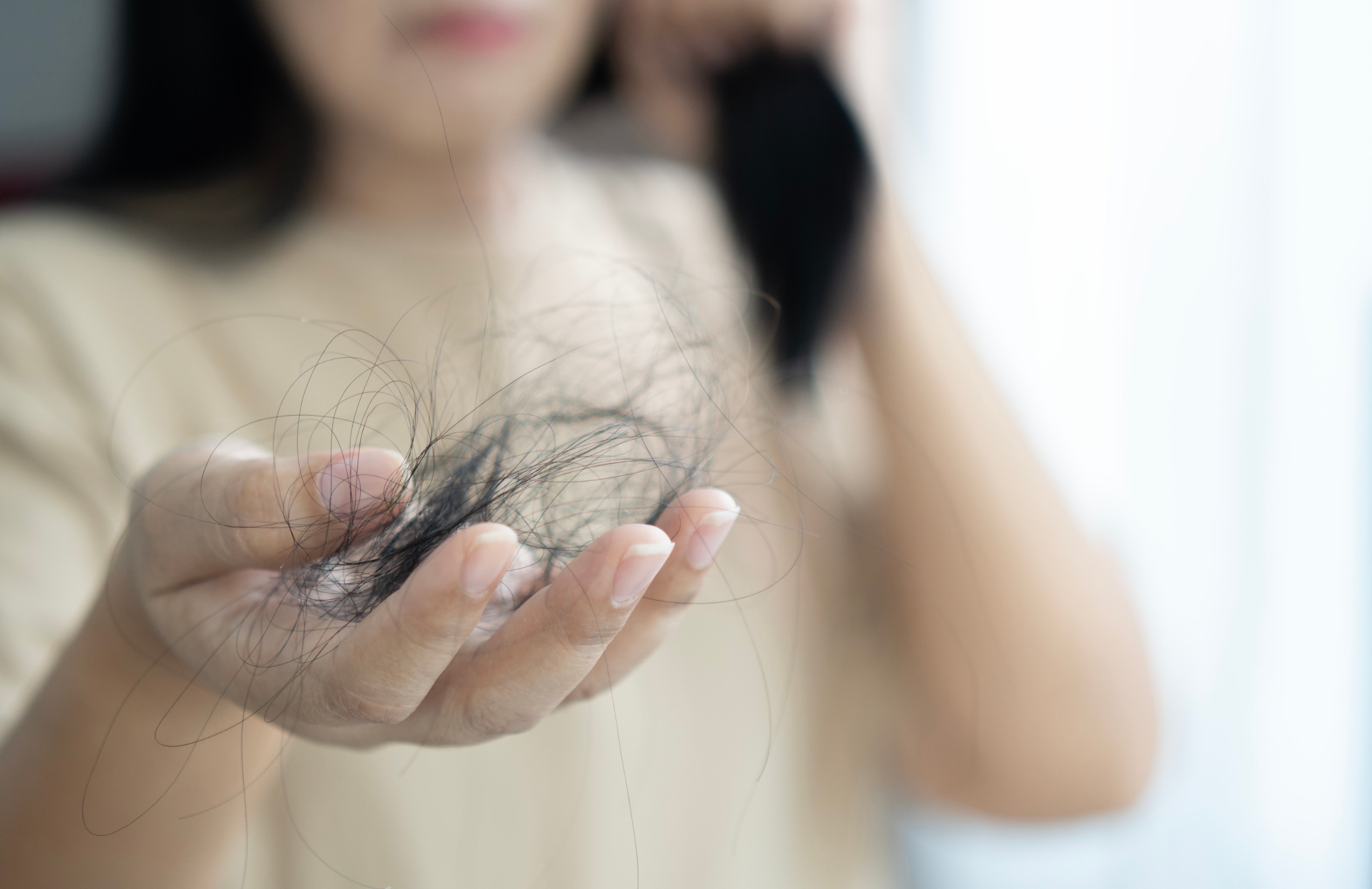BY THE OPTIMIST DAILY EDITORIAL TEAM
Hair loss can be a frustrating experience, and it is commonly associated with the hormone dihydrotestosterone (DHT). DHT is essential for body hair growth during adolescence, but excessive amounts can lead to hair loss. Fortunately, incorporating specific foods in your diet can help reduce DHT levels and promote hair health. Here are six foods that may help you prevent hair loss naturally.
Understanding the ins and outs of DHT and hair loss
DHT is a testosterone derivative created by the enzyme 5-alpha reductase, which transforms roughly 10 percent of testosterone into DHT. High DHT levels can shrink hair follicles and delay the growth cycle, resulting in hair loss. Some studies suggest that certain foods can inhibit the 5-alpha reductase enzyme, lowering DHT levels and potentially preventing hair loss.
Foods that might help you fight hair loss
1. Green tea, the antioxidant powerhouse
Green tea, which comes from the Camellia sinensis plant, is well-known for its multiple health advantages. The steaming process used to make green tea keeps its natural components, such as epigallocatechin gallate (EGCG), intact. This potent plant chemical has anti-inflammatory and antioxidant qualities, which can protect hair follicles and promote hair growth. While evidence on EGCG’s direct effect on hair loss is limited, its general health benefits make green tea an important part of your diet.
2. Coconut oil, nature’s hair protector
Coconut oil, obtained from coconut meat, is a versatile component used in both cooking and beauty treatments. It contains medium-chain triglycerides (MCTs), especially lauric acid, which have been demonstrated in test tube and animal studies to inhibit DHT formation. Though human studies are required to validate these advantages, integrating coconut oil into your hair care routine may provide benefits due to its nourishing characteristics.
3. Onions’ quercetin advantage
White onions are more than just a tasty complement to your meals; they also contain quercetin, a powerful antioxidant. Quercetin has been proven to reduce DHT production by inhibiting the enzyme alpha-5 reductase and lowering oxidative stress. While no studies have specifically explored the effect of onions on DHT levels in humans, including quercetin-rich foods in your diet, such as onions, asparagus, spinach, kale, apples, and berries, can help with general hair health.
4. Turmeric, the golden spice
Turmeric, a popular ingredient in many cuisines, is known for its anti-inflammatory qualities. Preclinical investigations have revealed that the active ingredient curcumin in turmeric reduces DHT levels by blocking the alpha-5 reductase enzyme. Turmeric may help prevent hair loss, and it has many other health advantages as well. However, further human studies are required to draw firm conclusions.
5. Pumpkin seeds: nutritious powerhouses
Pumpkin seeds are a healthy snack high in iron, zinc, and magnesium. Research has shown that using pumpkin seed oil can help prevent hair loss and encourage hair growth. Although further human trials are required, it’s evident that pumpkin seeds’ high nutrient profile may benefit hair health.
6. Edamame: the isoflavone source
Edamame, young soybeans often enjoyed as a snack, contain isoflavones, which can lower DHT levels by blocking 5-alpha reductase. A 2007 study indicated that soy protein, regardless of isoflavone content, lowered DHT levels more effectively than milk protein. This implies that other active components in soy may possibly play a role. Including edamame in your diet might provide a pleasant method to promote hair health.
More tips for managing hair loss:
While eating these foods may help lower DHT levels, if you are experiencing hair loss, you should visit a healthcare expert. They can give you personalized advice and recommend treatments like vitamins and supplements (protein, zinc, iron, vitamins C and A), natural remedies (scalp massage, aloe vera, fish oil), laser therapy, topical medications (minoxidil, finasteride, corticosteroids), injections (platelet-rich plasma therapy), or hair transplant surgery.
By being proactive and combining a balanced diet with professional advice, improving your hair health is within reach.












